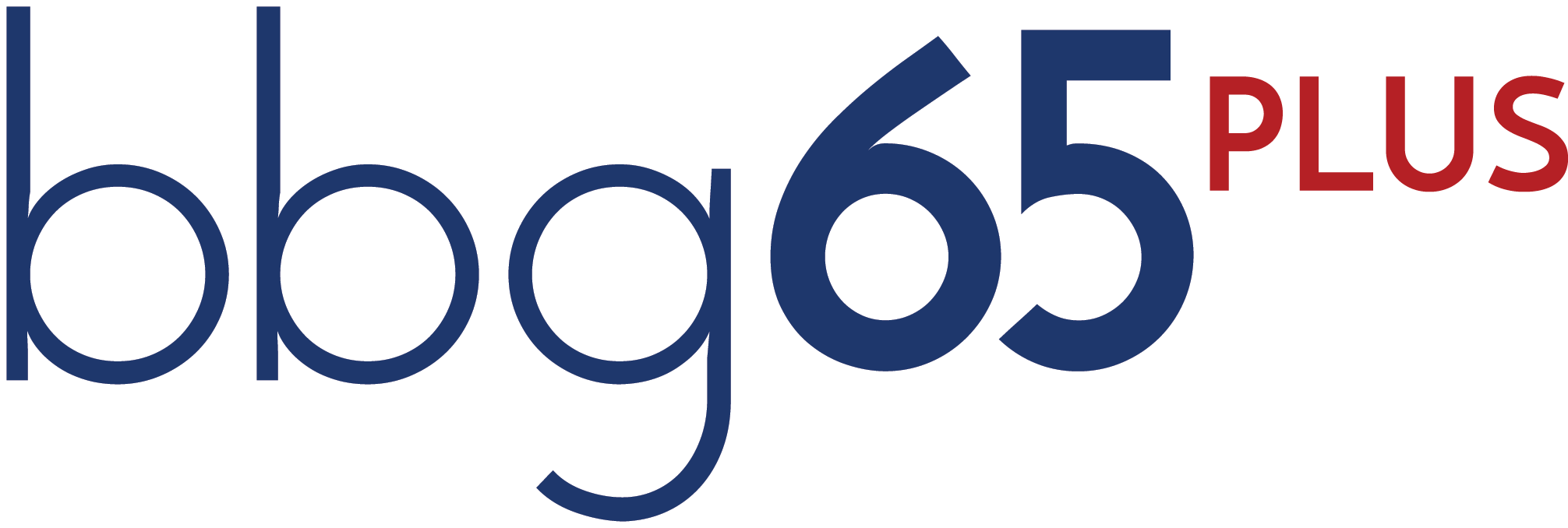
Medicare Options
At a high level, most people have two main options to consider when transitioning to full Medicare coverage.
OPTION #1 Original Medicare
- This option usually consists of the combination of:
- Original Medicare (Parts A and B)
- Plus a Medicare Supplement Plan (aka Medigap)
- Plus a Medicare Prescription Drug Plan (Part D).
- Most everyone pays a monthly rate for Part B (most people don’t have to pay anything for Part A).
- Supplement Plans and Prescription Drug Plans each charge you a monthly premium (in addition to your cost of Medicare Part B).
OPTION #2 Medicare Advantage Plan
- This is sometimes described as all-in-one Medicare Coverage.
- These plans bundle Parts A, B, and D into one plan (a supplement is not required).
- Most times these plans contain extra benefits over what original Medicare provides.
- And, many Medicare Advantage Plans have no additional monthly cost (you still pay Medicare for Part B).
Contact us for Medicare Peace of Mind.
We’ll help you make the right decision about your Medicare coverage. All at NO COST to you.
Email: 65Plus@bbginc.net
Phone: 866-845-8600; Ext 130
Latest News and Information on Medicare
If Medicare covers preventive care services at 100%, why was I sent a bill after my preventive care visit?
If Medicare covers preventive care services at 100%, why was I sent a bill after my preventive care visit? The short answer is the bill may very well be valid based on the results of certain preventive care services……. Here’s why. Medicare does cover many preventive...
Understanding Your Medicare Prescription Drug Coverage in 2022
Your particular monthly premium and drug costs depend on the type of Medicare coverage and the respective plan you have selected. Whether it’s a stand-alone Prescription Drug Plan if you are covered under Original Medicare (Option 1), or a Medicare Advantage HMO or...
Medicare Basics: 5 Things to Know about Medicare Part C – Medicare Advantage (Part of a Series)
There are four basic parts of Medicare: A, B, C, and D. Each part helps pay for certain medical services. Medicare Part C, better known as “Medicare Advantage”, comprises an “all in one” alternative to Original Medicare. These “bundled” health plans include Part A,...
Medicare Basics: 5 Things to Know about Medicare Part D – Prescription Drug Coverage (Part of a Series)
There are four basic parts of Medicare: A, B, C, and D. Each part helps pay for certain medical services. Medicare Part D is health care coverage that helps you pay for the prescription drugs you use. Here are 5 things to know about Part D - Prescription Drug...
2021 Medicare Part B Monthly Premium and Income-Related Monthly Adjustment Amounts
Medicare Part B makes up the portion of Medicare that covers physician services, outpatient hospital services, certain home health services, durable medical equipment, and certain other medical and health services not covered by Medicare Part A. Most everyone on...
Medicare Basics: 5 Things to Know about Medicare Part B (Second in a Series)
There are four basic parts of Medicare: A, B, C, and D. Each part helps pay for certain medical services. Here are 5 things to know about Part B: #1 Part B is the second of two parts of what is considered “Original Medicare”. (Part A is the other). #2 Most...
COVID-19 ACCELERATES USE OF VIRTUAL HEALTHCARE: WILL THIS GENIE EVER GO BACK IN THE BOTTLE?
Until now, virtual healthcare could still be described as something of a novelty utilized by "early adopters" like those consumers that traditionally are the first to use a new technology. I bet, until now, if you asked a healthcare expert about when virtual...
How to Enroll in Medicare During the Corona Virus Emergency
Here are the latest Medicare Enrollment postings to the Social Security & Coronavirus Disease (COVID-19) website: Can I enroll in Medicare? Date: April 14, 2020 If you already have Medicare Part A and wish to sign up for...


Contact Us for More Information.
Centers for Medicare & Medicaid Services (CMS) Disclaimer — We do not offer every plan available in your area. Currently, we represent 10 organizations which offer 97 products in your area. Please contact Medicare.gov, 1-800-Medicare, or your local State Health Insurance Program to get information on all your options.








